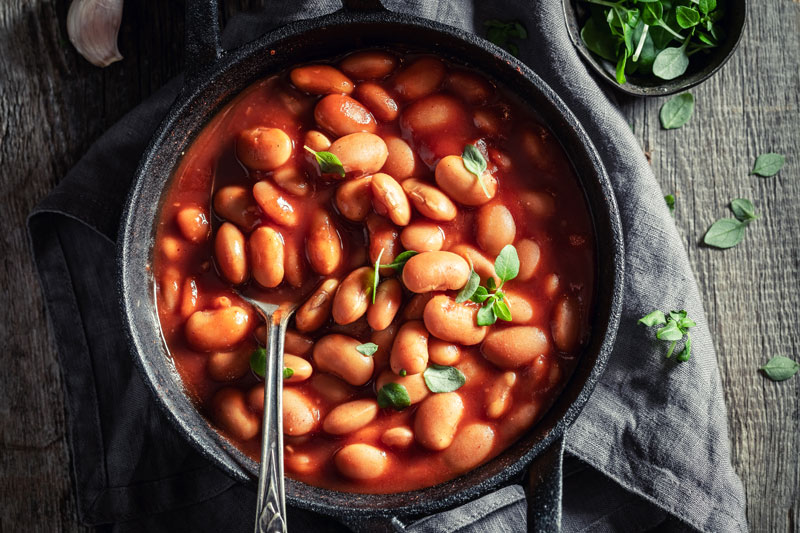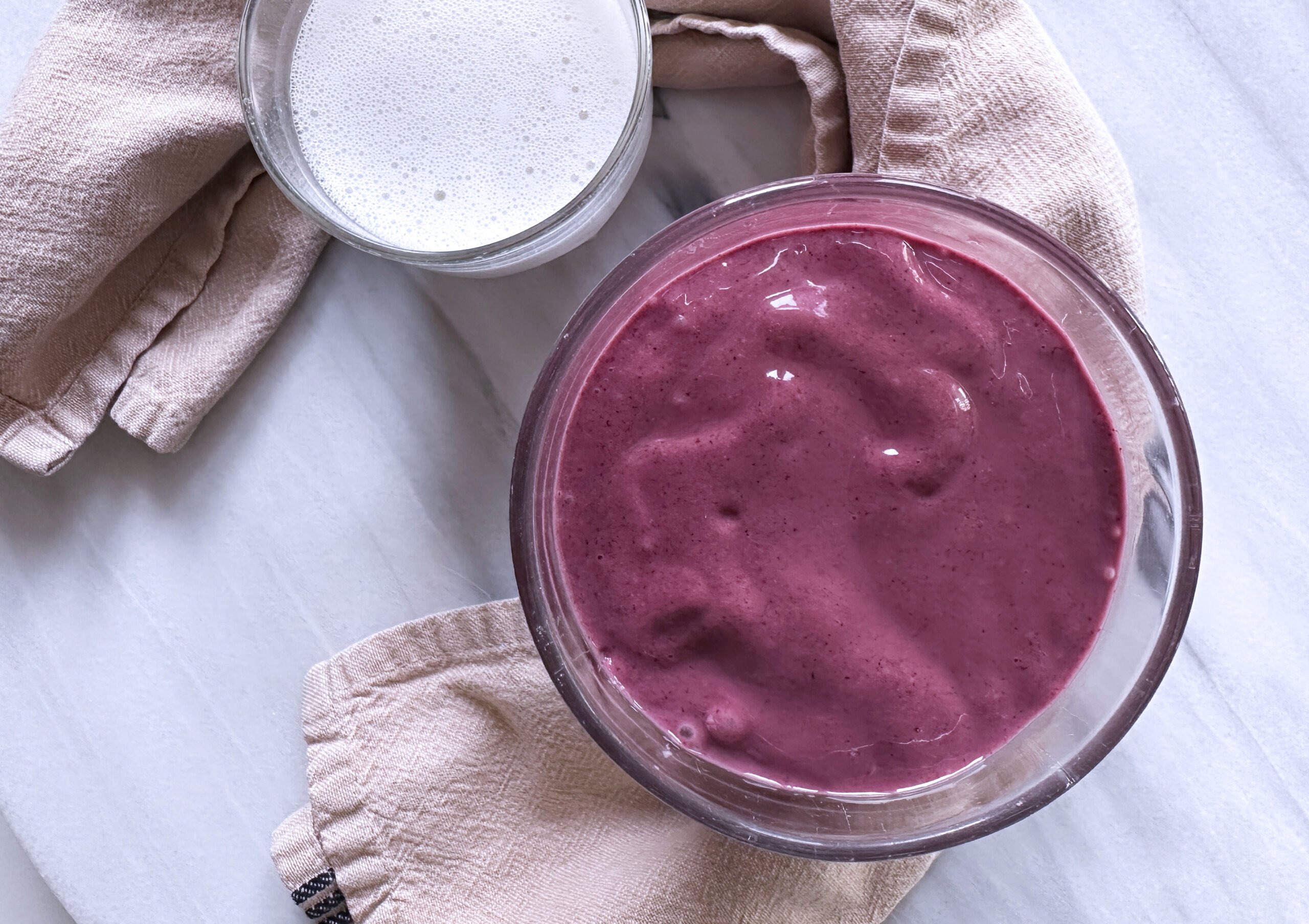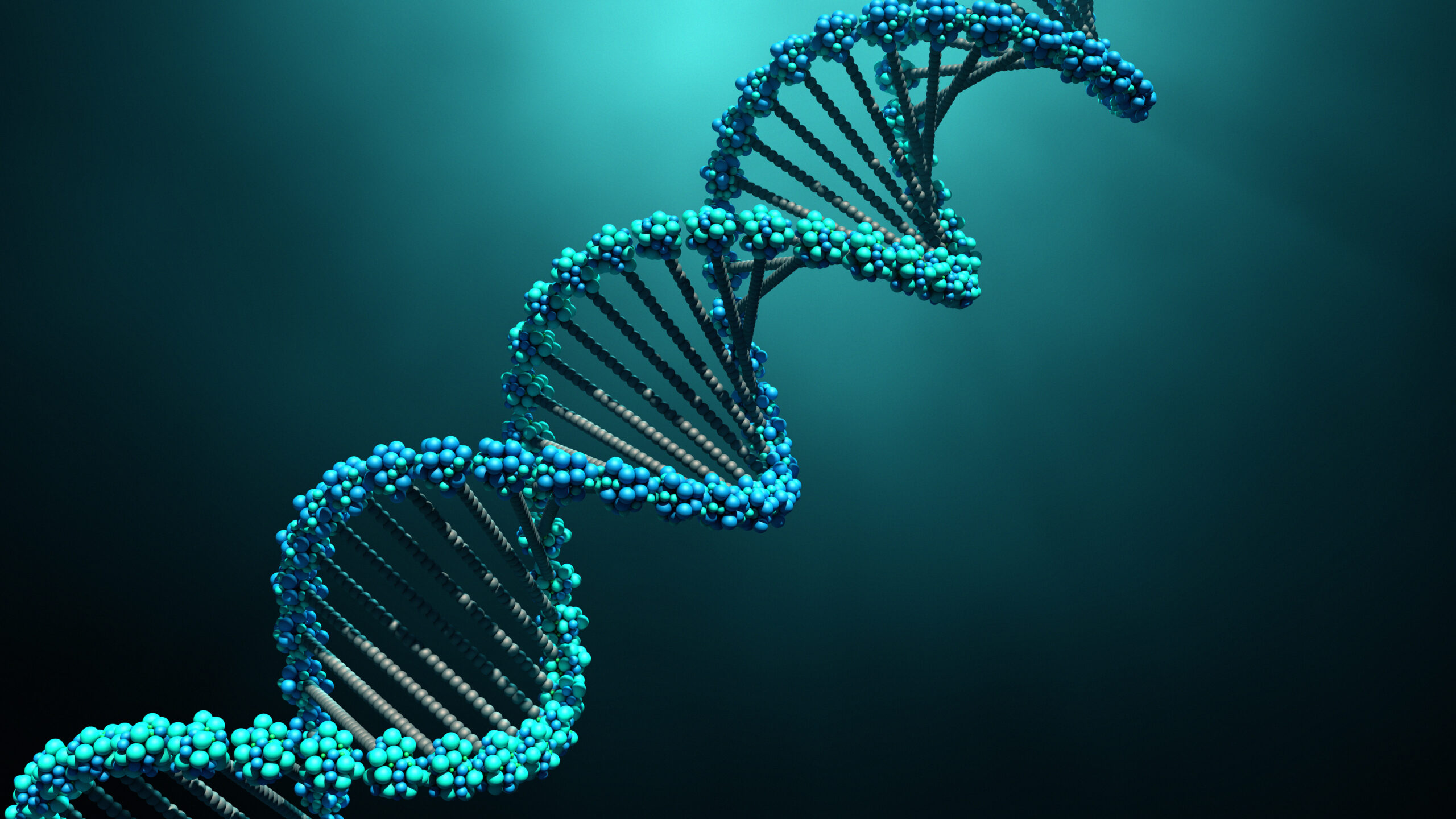Beans are having a moment in the hormone space, all thanks to “The Bean Protocol” hitting the mainstream. In this article, we’re going to explore the benefits of this “magical fruit” and talk about how the bean diet can help heal hormonal imbalances and more.
Let’s Talk Beans
People struggling with chronic health issues often turn to diet changes when nothing else works. But often, most people will have been told to eliminate beans—and that’s a huge problem. To understand why, I need to tell you the story of the girl who lived.
Karen Hurd aka the bean queen or the creator of the bean protocol almost lost her daughter Ruth at 18 months old. At this very young age, Ruth was exposed to an organophosphate that was used to exterminate carpet beetles in their home. This poison was 100x the strength it should have been, and Ruth started having intense seizures, followed by her immune system and liver failing. Every doctor told Karen that there was no cure and that her daughter would die very quickly.
TRUTH BOMB:
You’re
Already killing it!
If You Were More Consistent With Your Wellness Routine, You’d Be Unstoppable.
Karen started doing a ton of research and found that soluble fiber could help remove toxins from the body. The food with the highest source of soluble fiber? Beans. So she began to feed her daughter beans, and within two weeks, she was a healthy toddler again.
That was 30 years ago, and today Karen continues to help people all over the world heal after a death sentence—with beans.
How Do Beans Encourage Healing?
Our body has a few detox pathways, but only one of those pathways removes fat-soluble waste like dietary fat, metabolic waste, environmental toxins, and excess hormones.
Our liver (one of the most important detox pathways) produces bile, or fatty substance, which binds to fat and sends it out to be excreted via a bowel movement. The problem is that somewhere around 95% (I know, that’s a lot) just gets recirculated into the bloodstream, continuing to build up and never actually leaving the body.
Our liver can’t fully push out toxins without soluble fiber. Soluble fiber is made up of polysaccharides that physically trap fat-soluble molecules and carry them out of the body. Without soluble fiber, your body is unable to take the fat-soluble substances/waste and eliminate it.
While beans aren’t the only source of soluble fiber, they are the richest source by a mile. Oatmeal comes in second with about half of the soluble fiber content. Veggies have about 10% of the soluble fiber content of beans. But are there certain kinds of beans that are better than others? How should you be cooking them? How much to eat? Is there a best time? Let’s dive into all of those questions and more now.
What is The Bean Protocol?
Here’s the thing: for most people, just adding a small amount of beans to your daily diet can help support daily detox and optimal health. But for others who have chronic diseases and hormonal imbalances— a more specific and intense version is necessary.
The Bean Protocol, like most things, is not a one-size-fits-all. For one person, it can look like eating 2 tablespoons of beans every 20 minutes (extreme cases chronic disease, infertility, etc). For others, it can be having half-cup of beans at each meal.
You can cook the beans however you want, eat whichever kind, and even enjoy them out of a can.
One suggestion that the bean queen Karen Hurd makes is consuming beans 1.5 hours apart from other food so that the soluble fiber attaches to toxins and excess hormones rather than the good fats in your diet. We recycle our bile somewhere between 21 and 72 times per day, so a consistent intake of soluble fiber helps really get the toxins out of the body.
Beans and Hormones
So now we know that beans help with excess hormones; let’s talk specifics. So many women these days are dealing with estrogen dominance that is leading to PCOS, endometriosis, PMS, infertility, and cancer. Soluble fiber from beans can help clean that up and get excess estrogen out.
If you are dealing with hormonal imbalances, I recommend trying to include beans in your diet, and eating them separately from other foods and often.
Beyond the common hormones we think about, beans can also help with excess adrenaline and cortisol hormones. That means that if you struggle with anxiety or insomnia, consuming beans before bed can help!
It’s not just painful periods and trouble getting pregnant though—hormonal issues are also linked to IBS, Crohn’s disease, and gut dysbiosis. Beans can help this!
Unique Hammond, one of the leaders of The Bean Protocol suffered from debilitating chronic illness (Crohns) for years. After trying tons of elimination diets, she wondered how she would restore the microbiome. After reading Karen Hurd’s book, she began incorporating beans into her diet and began to heal! You can heal too.
What if beans don’t agree with me?
Yes, when most people think of beans they think of bloating and gas. But that means they are working! Our bodies aren’t used to breaking down that quantity of fiber, and when you’re tooting, the hormones are scooting – out of your system.
So here are some tips to get over the initial discomfort because it will eventually stop!
- Start slow – don’t eat a whole can day 1
- Try one bean at a time – don’t go all in on variety
- Opt for cans, but if not, make sure to soak and cook them well.
I hope this article has helped you understand the magic of eating beans. If you have any questions, comment below.









Hi Erica,
Thanks for sharing health related articles. i have a question: are all beans good for everyone? Because i had read about a blood type diet that prescribes particular beans for certain blood type people. Your reply will be helpful.
Thanks.
Hi! We’re not sure on this, but from my research so far it seems that when beans affect people with bloating etc, it is because they are pulling excess hormones and toxins from the body.